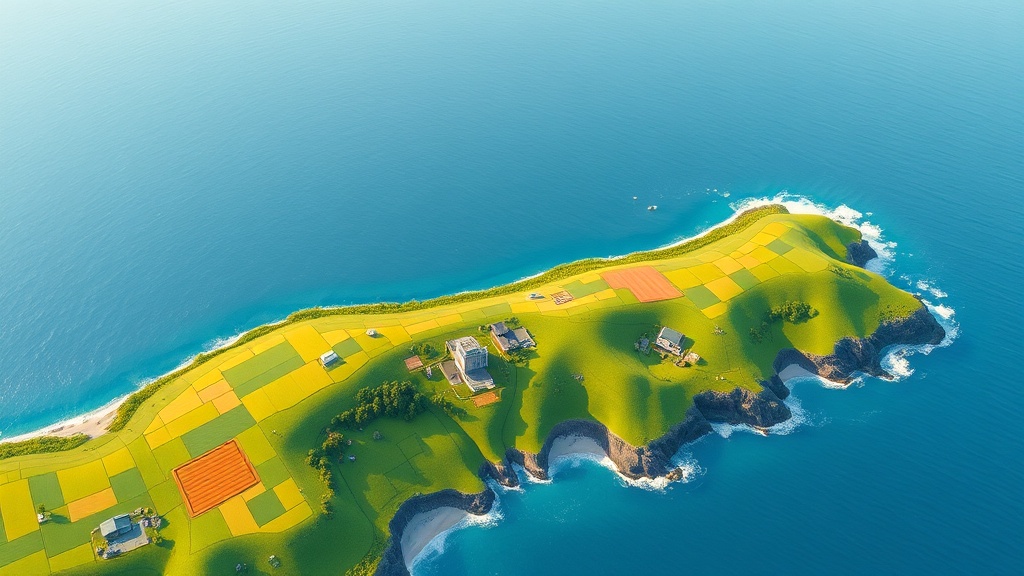Home / Environment / Oceans Losing Greenness: Alarming Decline in Phytoplankton Threatens Carbon Absorption
Oceans Losing Greenness: Alarming Decline in Phytoplankton Threatens Carbon Absorption
17 Oct
Summary
- Oceans losing greenness due to global heating
- Decline in phytoplankton, responsible for nearly half of biosphere's productivity
- 0.35 microgram per cubic meter annual decline in chlorophyll levels

According to a groundbreaking study conducted from 2001 to 2023, the world's oceans are losing their greenness due to the effects of global heating. The research, which analyzed daily chlorophyll concentrations in low to mid-latitude oceans, has found a significant decline in phytoplankton, the tiny marine creatures responsible for nearly half of the biosphere's productivity.
The study, led by researchers from Tsinghua University and the University of Pennsylvania, reveals a 0.35 microgram per cubic meter annual decrease in chlorophyll levels, a green pigment essential for photosynthesis. This trend was even more pronounced in coastal regions and near river estuaries, where the decline was twice as high.
The researchers associate this change with a reduction in the ecological functioning of the oceans, including a 0.088% annual decrease in carbon sequestration capacity, equivalent to 32 million tons. "The decline in surface phytoplankton's carbon sequestration capacity has profound implications for the carbon cycle," said one of the authors, Di Long.
The study suggests that the heating of the upper ocean strata near the surface has widened the temperature difference with the colder depths, which is thought to be blocking the vertical transport of the nutrients on which the phytoplankton depend. This confirms theories about the impact of global heating on ocean stratification and its consequences for marine productivity.
The findings contradict several previous studies that had suggested algal blooms were increasing in the oceans. The authors of the new paper argue that their research is more comprehensive and provides a clearer picture of the broader decline in phytoplankton across low and mid-latitudes.
"These changes will profoundly affect the magnitude and distribution of marine ecosystem functioning," the authors warn, urging policymakers to address the issue through measures such as better management of agricultural fertilizers, sewage discharge, deforestation, and water pollution. However, the bigger challenge will be tackling the climate crisis, as the world's biggest natural carbon absorber is losing strength, potentially requiring greater emissions reduction efforts than previously expected.




